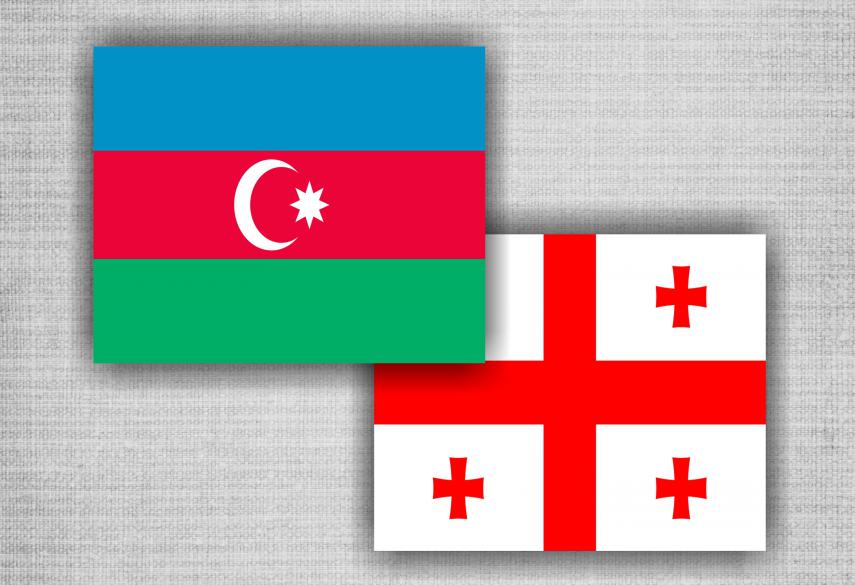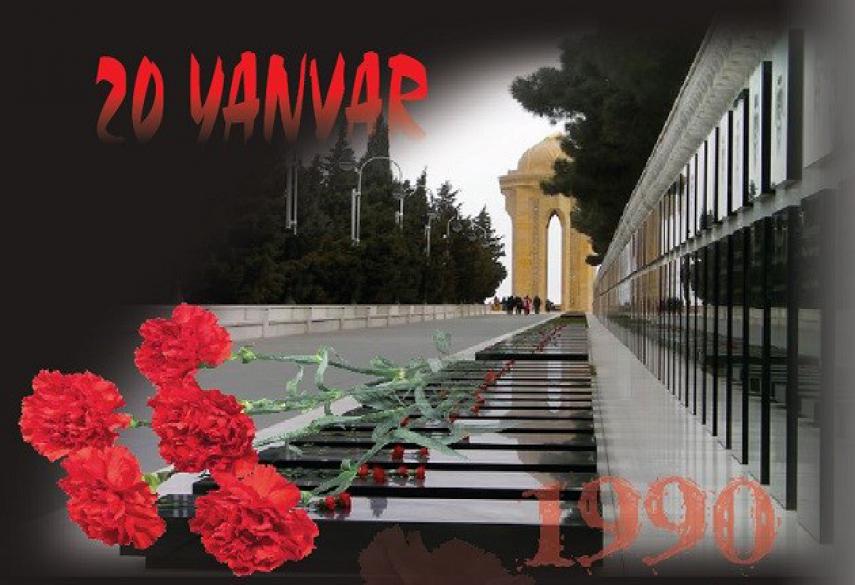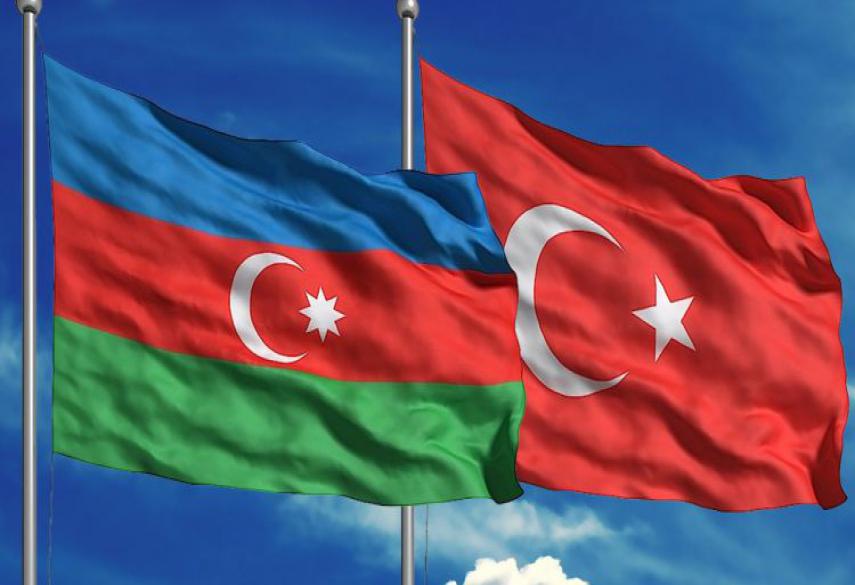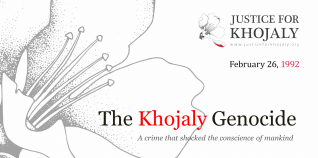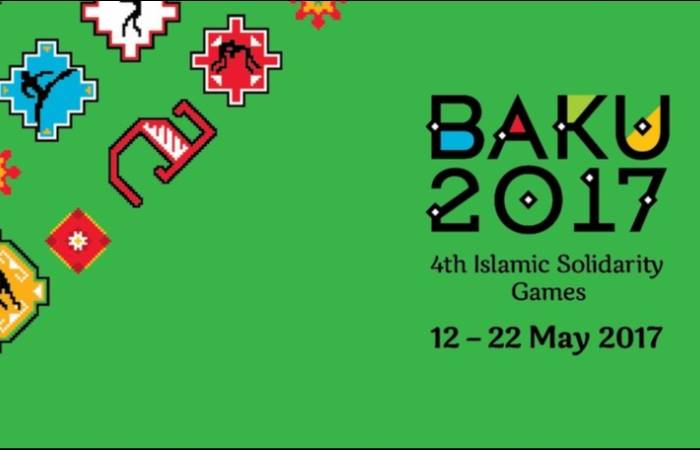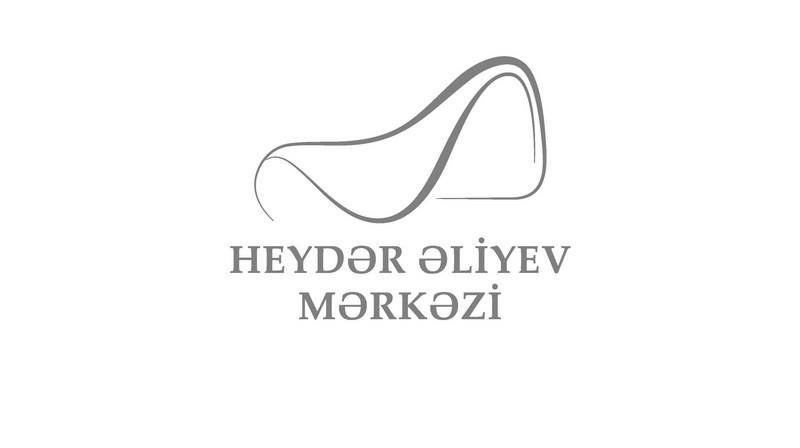The motives to Azerbaijan’s attaching a special priority to cooperation with France in foreign policy
To guarantee the political, economic and military security of the Republic of Azerbaijan, which started to form an independent state after the collapse of the communist ideology and its stronghold in the world – USSR, identification of the sound foreign policy course was an important point. Based on this reality, it is not an accidental political approach that setting the strategic directions of its foreign policy our republic attaches a special priority to the state of France.
1) Enjoying a strong political, economic, military and cultural potential, France has an exceptional position in formation of All-European security system and creation of “New Europe” common life rules;
2) France is the founder of G7, the UN and one of 5 permanent members of Security Council;
3) France is a co-chair of the OSCE Minsk group, one of 2 motive states in EU, also over 200 international organizations, including OECD, UNESCO, Interpol, International Bureau of Weights and Measures are located within its territory and it all confirm this state has huge influence on the solution of global-universal problems.
At the entrance of the 21st century, when “iron curtain” between East and West is lifted up and “cold war” is over, relations of states are based not on military and political motives but on economic factors. There is no doubt a state with a strong economic potential will have firm and sustainable political-military bulwarks as well.
It was not excluded that one of the factors driving the French state, where Armenian diaspora and lobby have strong mechanisms of influence, to close relationships with Azerbaijan in near future would be the Nagorno-Karabakh problem even though it sounds paradoxical. Why? Because there is a source of danger like the Corsica problem for sovereignty and territorial integrity of France too. Loyalty of official Paris to separatist Armenian forces in connection with the Nagorno-Karabakh problem does not conform to national interests and wills of France, which has a similar ethnic problem, and excludes optimistic forecasts on the near future of the country. Of course, it is not right to identify the Nagorno-Karabakh and Corsica problems completely, put the sign of equality between them. These problems are similar just only for the difficulties they cause in the states they exist in. Actually, these problems distinctly differ in substance.
Laman Khalilova,
“Azerbaijan Realities”






